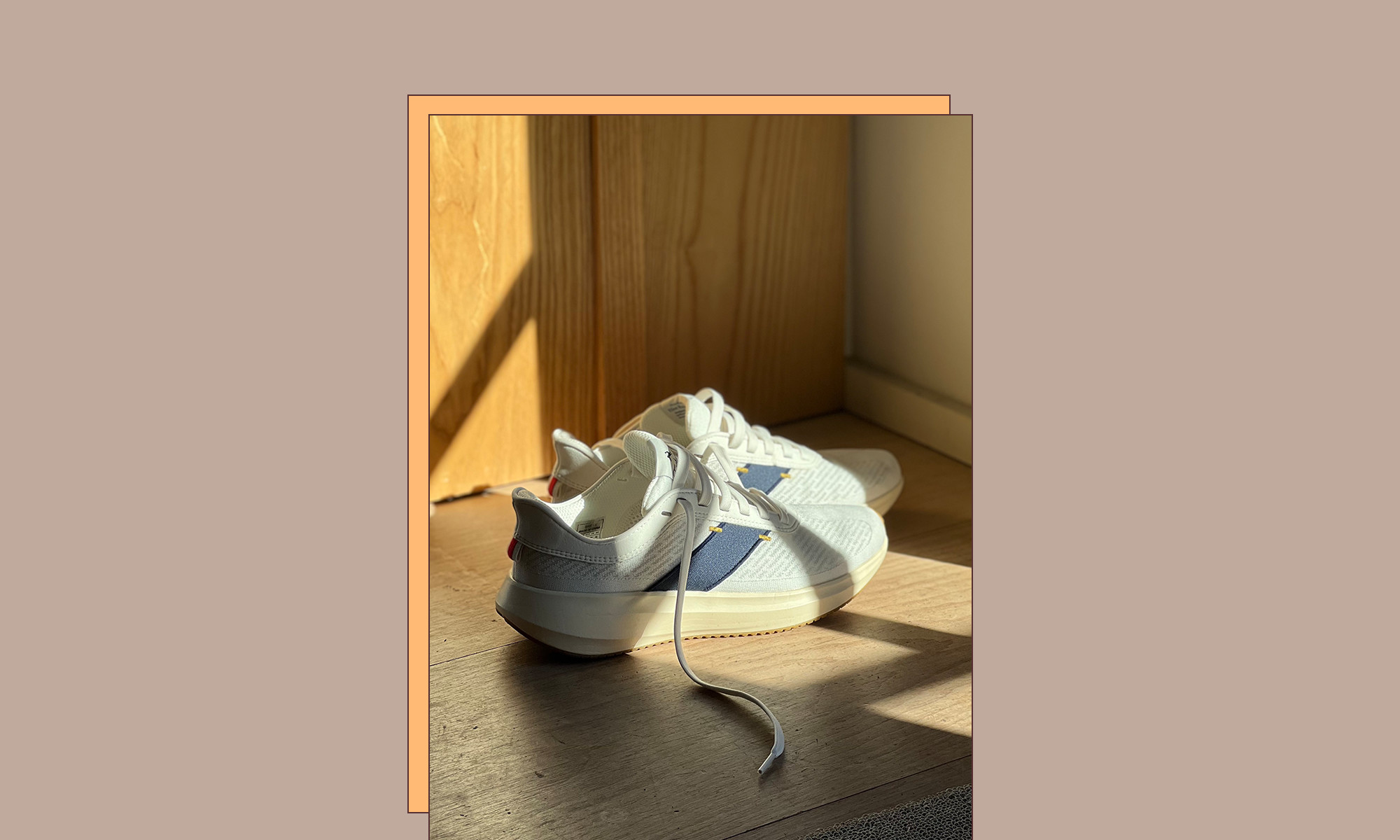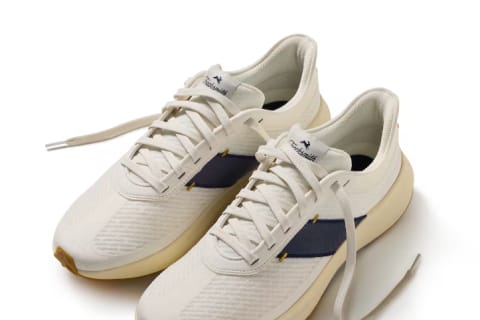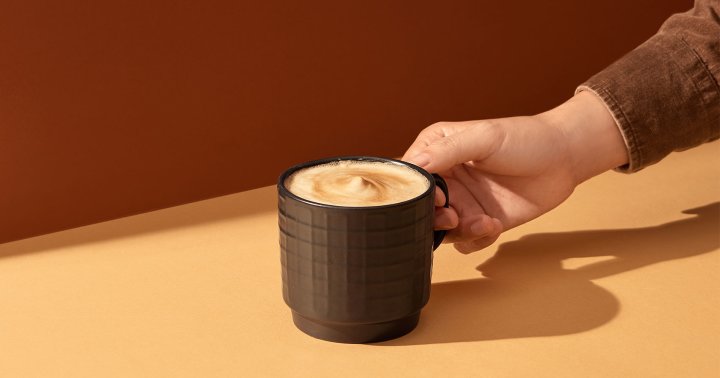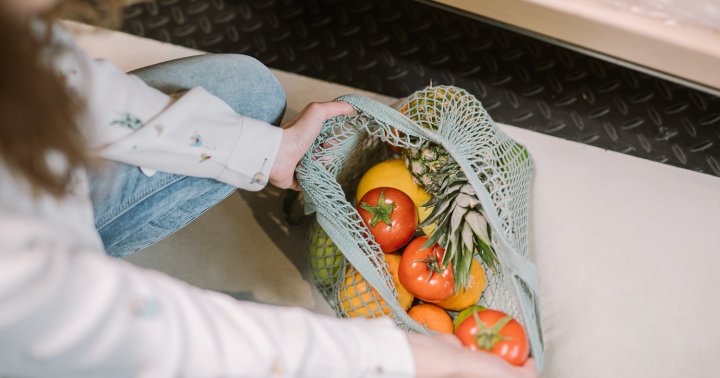Don't Be Fooled By This Sneaker's Minimalist Look: It Delivers Maximum Comfort
Every pair is designed with a second life in mind.

November 26, 2022 Our editors have independently chosen the products listed on this page. If you purchase something mentioned in this article, we may At the entrance of my local running shop, you'll find a sneaker graveyard. The collection bin is piled high with once-bright running shoes that have been dulled and dirtied with mud and miles logged. On the one hand, I think giving runners a place to toss their old shoes is great since it implies they will be somehow repurposed. But I've always wondered about where, exactly, the final resting place is for these sneaks.
Advertisement
This ad is displayed using third party content and we do not control its accessibility features.
It turns out that if they're not donated, parts of our old sneakers can only really be "downcycled," or repurposed as lesser-value items like rubber flooring. And here's the tricky thing about shoes—running shoes in particular: Since they're made using a couple of different materials, so they're hard to take apart. As such, most of them don't get a chance at a second life and are destined to (very, very slowly) decompose in a landfill after we're done with them. On top of that, avid runners go through shoes at Usain Bolt-level speed. Most experts recommend switching running shoes after 300 to 500 miles; much beyond that, they'll lose their cushioning and could lead to injury. Depending on how much you run, this could mean you're getting rid of a pair every 4-6 months. In response to this trashy problem, some sneaker companies are starting to sell runners that are easier to take apart for recycling. Another approach is to create shoes that are designed to stay in use for longer, like the Eliot Runner, the first sneaker from classic running brand Tracksmith. Tracksmith Eliot Runner Training Shoe $198
What makes the Eliot Runner different than other running shoes?
Named after Tracksmith's hare mascot, the Eliot Runner epitomizes the brand's clean, classic aesthetic. While most performance shoes these days come in bright, loud colorways, the Eliot is a crisp white sneaker, with just a touch of color in the navy side sash.
Beyond being nice to look at, this minimalist design gives the Eliot sneakers a functional advantage. They'll look just as good running errands as they do running a 5k, so you can keep them long after that 500-mile running threshold has passed.
Tracksmith spent five years tweaking the Eliot to find the right balance between comfort and support. Underneath the understated exterior, you'll find an extra thick Pebax® foam insole to give the shoe plenty of cushion. The midsole layer underneath is a bit firmer, which makes the shoe more responsive. Their goal was to emulate the feeling of jogging on a forest trail covered in moss or fallen leaves—springy, soft, and just the right amount of squishy. So, did they succeed?
Advertisement
This ad is displayed using third party content and we do not control its accessibility features.
My experience with the Eliot Runner.
Earlier this fall, I received a pair of the yet-to-be-released shoe, which will hit the market in December (but is available for pre-order now). After three weeks of testing the Eliot Runner, I'm really impressed by Tracksmith's first foray into sneakers.

Image by Emma Loewe / mbg Creative
Advertisement
This ad is displayed using third party content and we do not control its accessibility features.
Most importantly, they're super enjoyable to run in. I've worn the shoes—designed to be everyday training sneakers; not race-day kicks—on both long runs and quick track sessions. Most of my runs are on concrete, and the plush foam layer provides a nice cushion that my joints appreciate. But the firmer midsole means that they still have enough support to propel me forward during speedier workouts.
As a walking shoe, it also performs well. I've worn them on daily strolls around the neighborhood and weekend errands and found them to be comfortable and zippier than my other around-town shoes. My one concern with white sneakers is the dirt factor.
When I asked the Tracksmith team for their cleaning tips, they said you can throw these sneaks into the washing machine. Just be sure to take out those precious foam insoles first so they don't get damaged.
Overall, I'm looking forward to continuing to wear the shoe on runs and walks to come, and hope that other brands take a page from Tracksmith's book and design more muted and versatile, less flashy, sneakers. (Just don't tell my pair of neon-red kicks!)
Tracksmith Eliot Runner Training Shoe
$198

The takeaway.
Most running sneakers are designed to last a certain number of miles and then be thrown away. The Eliot Runner, on the other hand, is a durable and multi-functional pair of running shoes designed with second life in mind. I'm happy to say it will be a little while before my next trip to the sneaker graveyard.
Advertisement
This ad is displayed using third party content and we do not control its accessibility features.

 ValVades
ValVades 





























.jpg&h=630&w=1200&q=100&v=f776164e2b&c=1)



